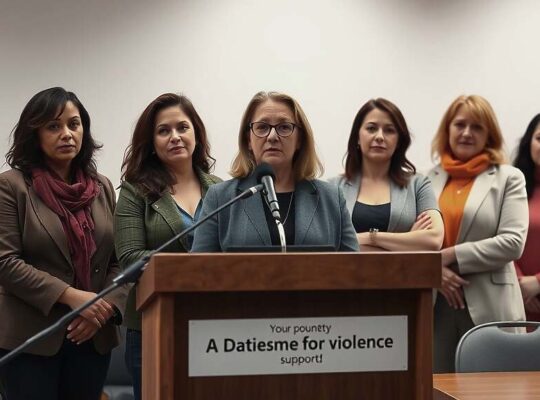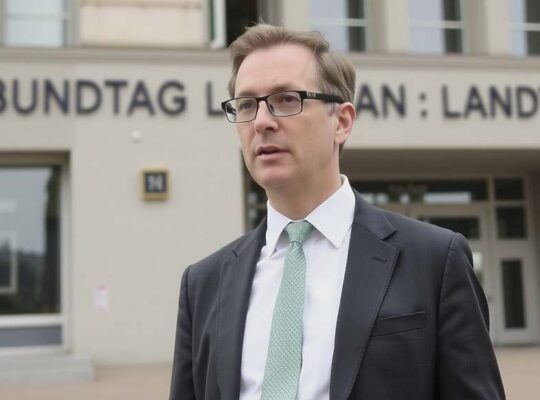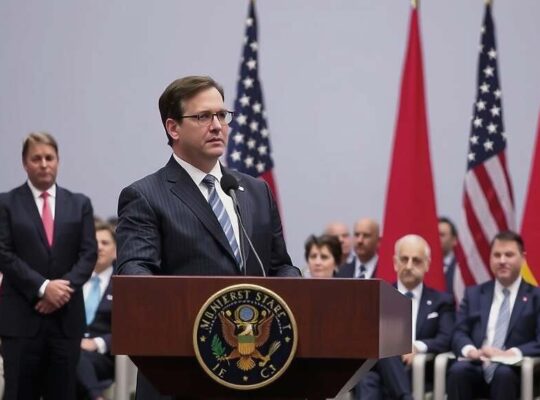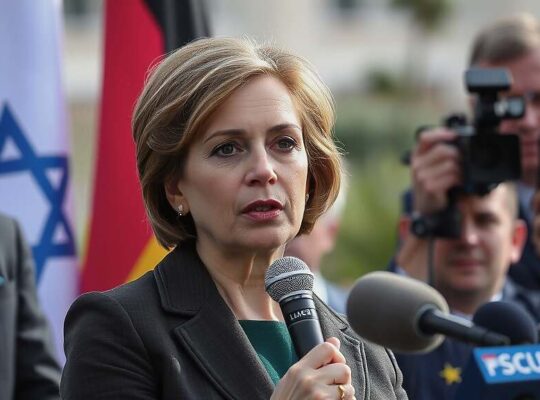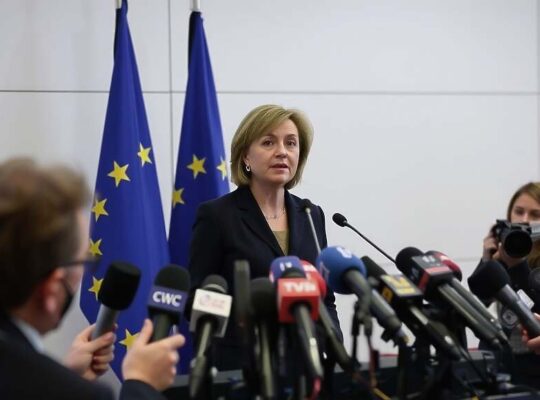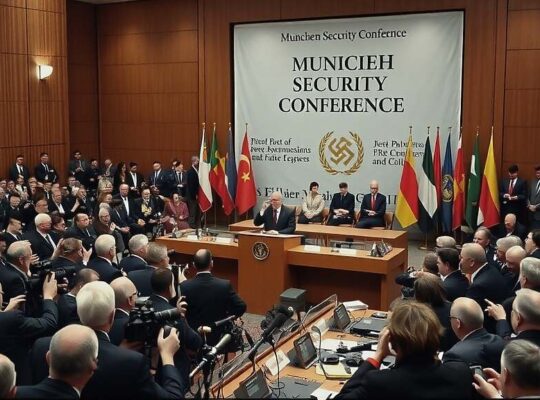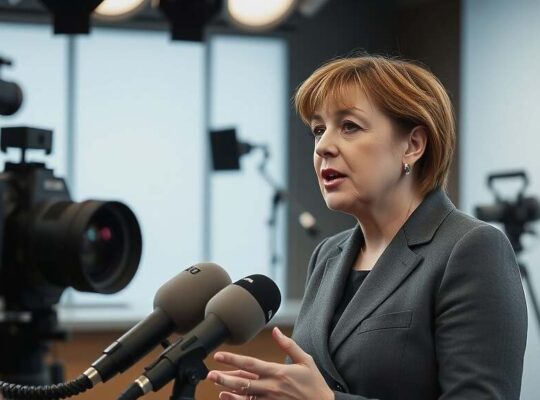Rising hybrid threats are prompting calls for a rapid and comprehensive response from the German government, with a prominent figure within the Green Party urging immediate action. Konstantin von Notz, parliamentary group vice-chairman, has publicly demanded a “genuine security offensive against hybrid threats” before the Christmas holidays, citing a rapidly escalating environment requiring resolute action within the rule of law.
Chancellor Friedrich Merz (CDU) recently announced a “comprehensive action plan to defend against hybrid dangers” during a government declaration to the Bundestag. This plan is expected to be the primary focus of the newly formed National Security Council, slated to hold its inaugural session early November. While welcomed by von Notz, the announcement has sparked debate regarding the scope and urgency of the government’s response.
Von Notz’s critique hinges on the perception that current measures are insufficient. He emphasized the breadth of the challenges, outlining priorities that extend far beyond the government’s initial declarations. These include the creation of a current threat assessment, improvement of drone defense capabilities, a fundamental reform of the intelligence services and the implementation of robust, unified legal protections for critical national infrastructure. Simultaneously, he stressed the vital need to bolster the Federal Office for Information Security (BSI) and enable it to provide assistance to states facing serious cyberattacks.
The calls for accelerated action highlight a growing concern regarding the increasing sophistication and frequency of hybrid threats – a combination of disinformation campaigns, cyberattacks and unconventional warfare tactics – targeting Germany. Critics argue that the formation of the National Security Council, while a positive step, represents only a symbolic gesture if not matched by swift legislative adjustments and a significant investment in personnel and resources. The effectiveness of the government’s strategy will ultimately depend on its capacity to translate political pronouncements into concrete, actionable policies before the end of the year. The debate underscores a fundamental question: Is the German government adequately prepared to safeguard its nation against the complexities of modern, multifaceted security challenges?



